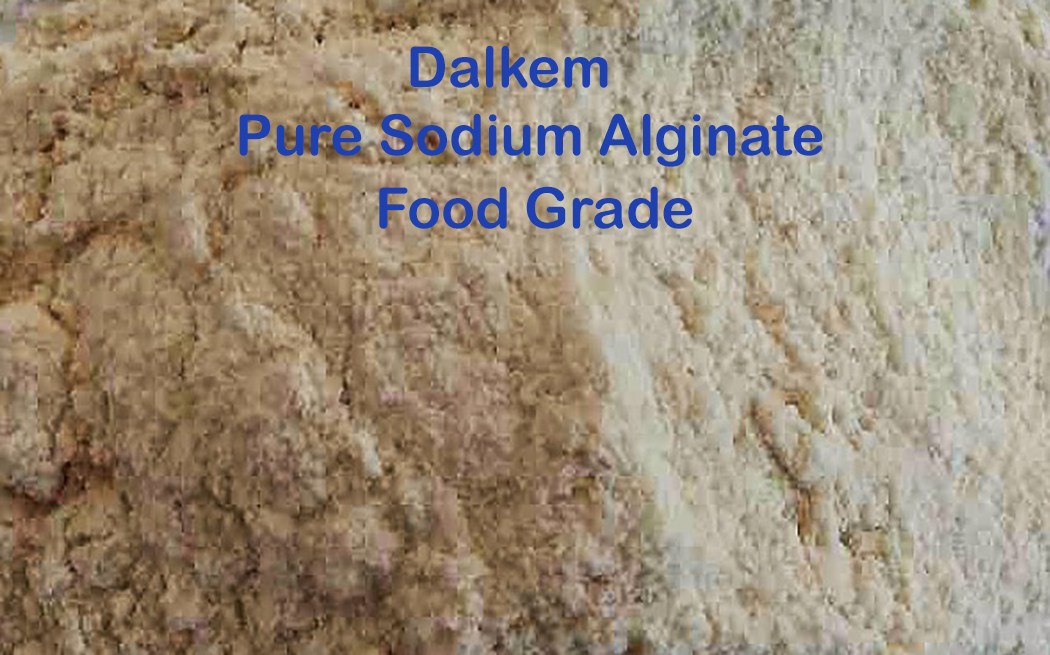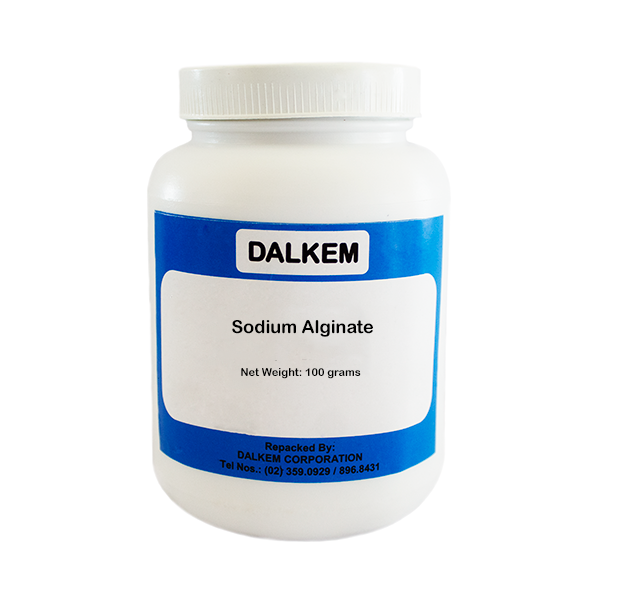Sodium Alginate Pure Food Grade

What is sodium alginate? As a thickening and stabilizing agent for food and other industries, sodium alginate has unique functions and advantages. Sodium alginate is a natural polysaccharide with the stability, solubility, viscosity, and safety required as an excipient for pharmaceutical preparations.
Sodium alginate consists mainly of the sodium salt of alginate, a copolymer of β-D-mannuronic acid (M-unit) and α-L-gulonuronic acid (G-unit) linked by β-1,4-glycosidic bonds and composed of different proportions of GM, MM and GG fragments.
Sodium alginate is hygroscopic and the amount of moisture contained at equilibrium depends on the relative humidity.
Pure Sodium alginate is quite stable when stored in well-sealed containers at 25°C and below. Sodium alginate solution is stable at pH 5 to 9. The degree of polymerization (DP) and molecular weight are directly related to the viscosity of sodium alginate solution, and the decrease in viscosity during storage can be used to estimate the degree of sodium alginate depolymerization. Sodium alginate with high degree of polymerization is less stable than sodium alginate with low degree of polymerization.
USES:
Food Industry
It is used to increase viscosity and acts as an emulsifier agent. It is used as a stabilizer for ice
cream, yogurt, cream, and cheese. It is used as a hydration agent for noodles, bread, cool and
frozen products.
Pharmaceutical Industry
It is used in preparation of digestion tablets and the preparation of dental impressions.
Biological Experiments
It is used for the immobilization of cells to obtain important products like alcohols and organic
Acids
Other Applications
It is used as an important ingredient in textile screen printing. Sodium alginate is used as a good
chelating agent for eliminating radioactive substances from the body such as Iodine-131 and
Strontium-90.

